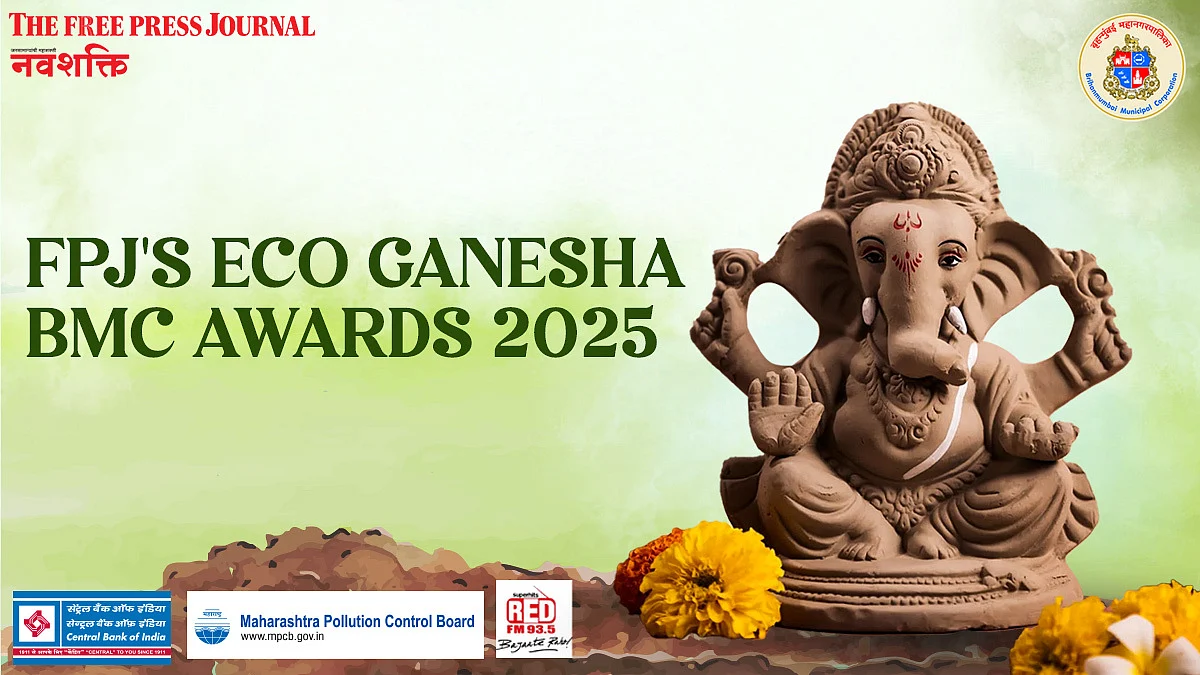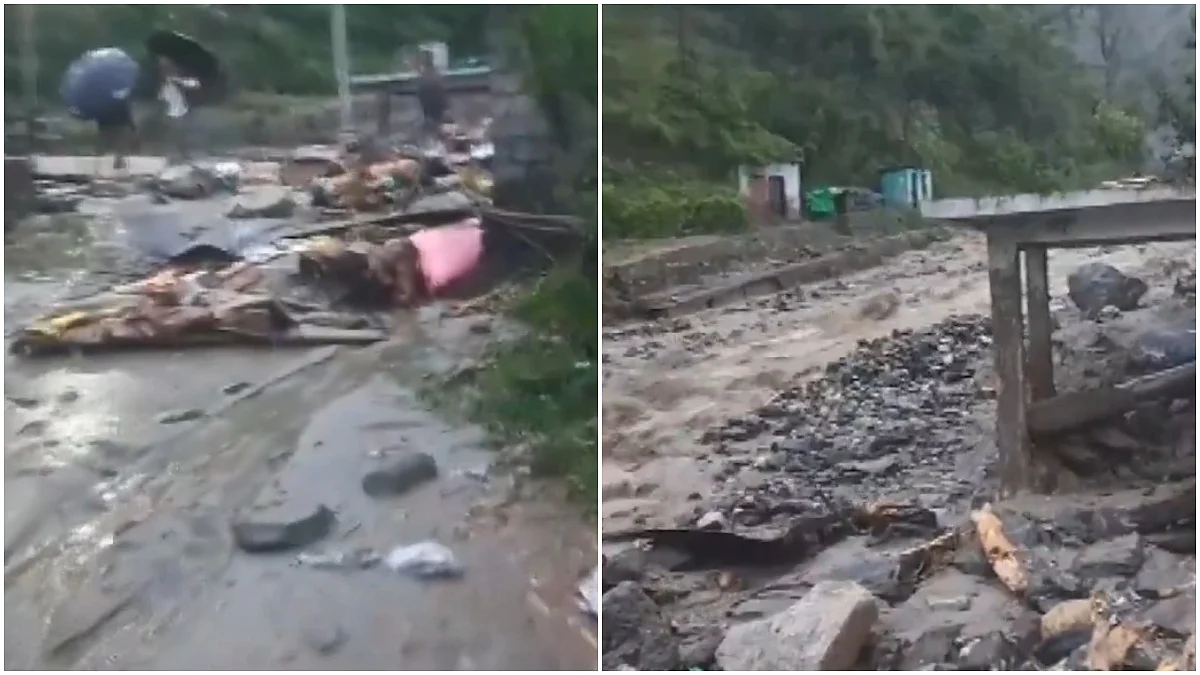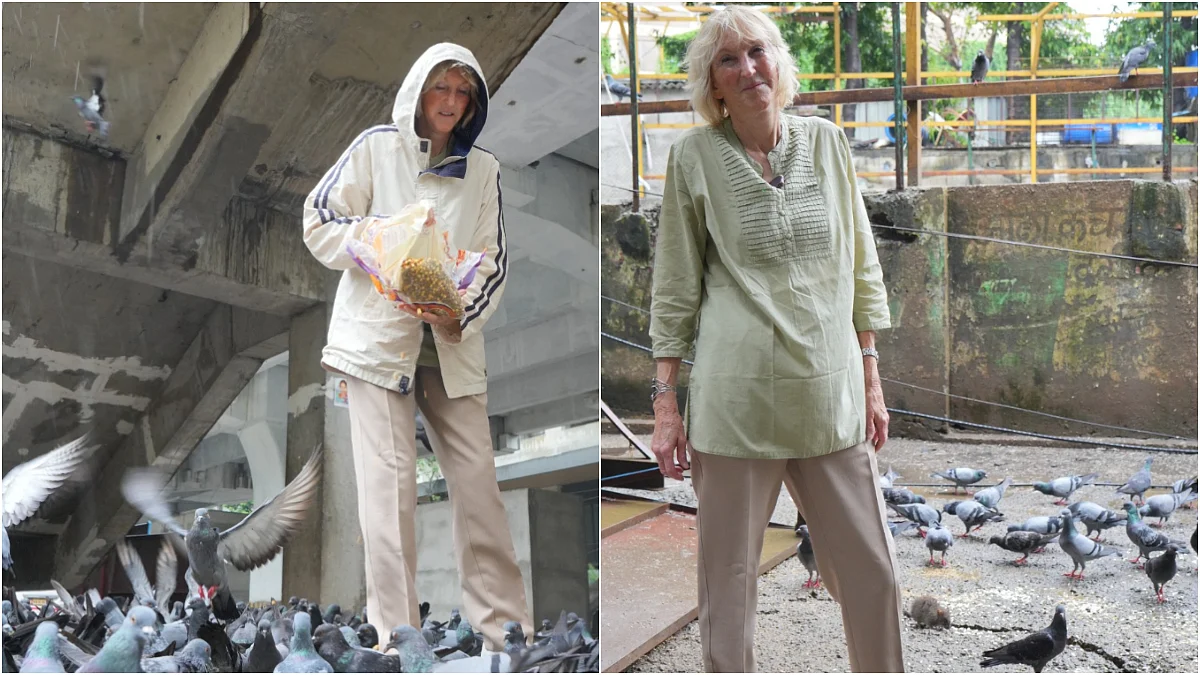Mumbai: Owing to the weakened monsoon, 35-40 cases of dengue and malaria were detected every day this month.
Experts said there is a lack of sound city infrastructure to deal with water stagnation, which occurs when there is intermittent rainfall.
Upsurge in number of cases
As per data provided by the civic health department, 390 malaria cases and 350 dengue cases were reported from September 1-10. The other monsoon related infections were high as well – 31 cases of leptospirosis, 190 for gastroenteritis, 23 for hepatitis, 10 chikungunya cases and five swine flu cases, which dropped in this period in comparison to the last few weeks.
BMC’s executive health officer Dr Daksha Shah said that mosquito-control efforts have been heightened throughout Mumbai, especially during weekends. “We are taking every possible measure, but have also urged citizens to actively participate in the fight against mosquitoes by eliminating the breeding sites in their homes, communities and workplaces,” she said.
Malaria and dengue cases peaked after 2016
Since June 1, the numbers have been mind-boggling. While 4,684 cases of gastroenteritis have been recorded in over three months, malaria (2,867) and dengue (2,387) are the worst next. The number of malaria and dengue cases, though, have been highest since 2016. As the numbers are expected to rise further, the civic health department said they have been taking immediate as well as long-term measures to monitor and curb the menace, including surveys of breeding spots.
Wherever dengue cases are reported, at least 200 houses in the vicinity are checked. Intensive indoor thermal fumigation is carried out in these localities and inter-personal and community awareness is created for effective control.











